Making an Improvisational Feature – Daniel Lotz on Chlorine
- Interview
Indie Film Junction | July 20, 2020
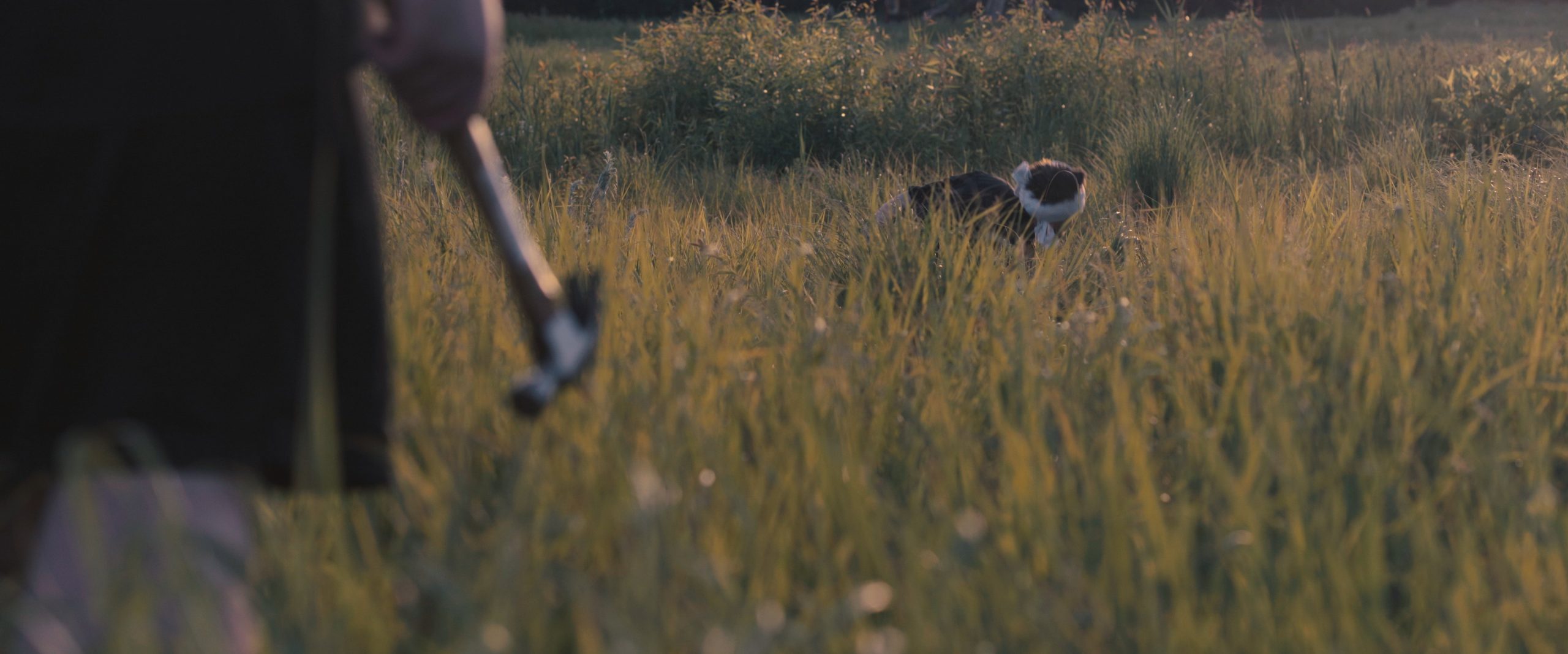
Indie Film Junction | July 20, 2020
We spoke with Daniel Lotz about the release his first feature, Chlorine. The movie is a prime example of how important it is to find people you enjoy collaborating with and make a movie for the joy of filmmaking. It’s also proof that you don’t need tens of thousands of dollars to do it. You can watch Chlorine now on YouTube.
IFJ: Congratulations on the release of Chlorine. Can you tell us what it’s about?
DL: Thanks! Yeah it was awesome to finally get a feature film out to the world and have everyone see it. Chlorine is my debut feature film, completely done with a fully improvised script. There was no master plan or blueprint to start with. The story is about an overweight Pool cleaner who is a former hitman. When the organization he used to work for dangles the prospect of him seeing his sister again he comes out of retirement to kill once again.
IFJ: What inspired the concept for the movie, and what was the development process like?
DL: Before making Chlorine I shot another feature film my true “debut” but that film was marred with countless audio problems I’ve been fixing over the last few years, so I felt my audience needed to see something right now. Another youtuber by the name of Austin Mcconnell encouraged creatives to make a project over the summer, to get up and make something and not waste as much time at the pool. Of course my mind took that as a challenge, what if I made a feature film by the pool? The rest was history. Development was as simple as starting the first shot and calling up my cinematographer and telling him we have a new project, there really wasn’t much planning.
IFJ: How did you get into filmmaking, and what sustains your passion for movies?
DL: I got into filmmaking around 10 years old. I was obsessed with lego animations and when I grew up I started to fall in love with the idea of live action filmmaking. I had a group of passionate friends who all made films with me, so it was an environment that really helped me be creative. As for what sustains my passion, I think filmmaking is the only thing that has ever felt right to me. I assume engineers can visualize how a structure is made in their mind’s eye, well I can’t stop visualizing the construction of movies in mine. It’s a blessing as it enriches my life with so many amazing moments.
IFJ: Chlorine is promoted as an improvised feature. What was the extent of the improvisation, and what kind of document did you work off of during production?
DL: The improvisation was almost totally done within my head. With the exception of maybe 3 scenes written out for the sake of continuity and to help the actors the entire film and its structure was done in my head. I generally know three act structure so I came up with a loose idea I knew would work in that format. Then if I missed anything I could always reshoot and add more foreshadowing or tension if something was perhaps missing. But in 99 percent of situations it boiled down to me saying “Hey you walk over here and say this, and then I react like this.” It sounds like a nightmare to most filmmakers but it’s just the way I like it.
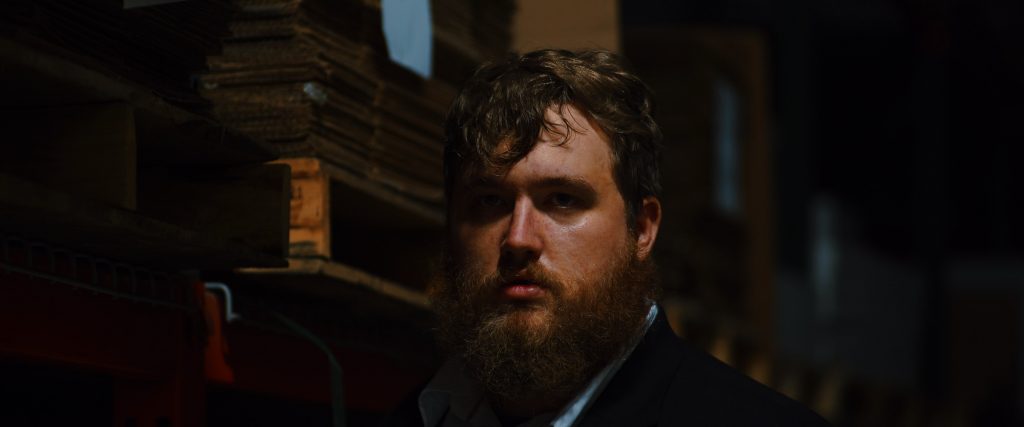
IFJ: Given the improvisational aspect of the movie, how long did it take to get each scene the way you wanted it? What information did each actor have going into the movie and going into each scene?
DL: Me and my cinematographer Joel are notoriously slow. We might spend 3 hours working on a scene to get it right, mostly just setting up gear takes that amount of time, while we are getting ready we slowly start digesting how the scene will be approached from a writing, cinematography, and acting perspective. All the actors were kept in the dark for 99 percent, I usually would give them the day’s scenes in a pitch and a brief overview of their characters’ vibe. But none of them knew how or when their elements would be incorporated, I imagined this might have pissed them off.
IFJ: If you don’t mind telling us, what was the budget for the film, and how was the money allocated?
DL: I never officially kept track but I believe we didn’t spend more than $500 in total. So I always say $500. That budget entirely went to food and talent. I wanted to prove to others you can make a good looking movie for under 1k. I think we succeeded in that regard.
IFJ: What was the shoot like? How many days did you shoot for and over what timespan?
DL: I think officially there was like 30 shoot days. But the way me and Joel worked on this film was fractured. Some days we’d come away with 12 minutes of runtime other days we’d shoot 2 shots and call it a day. It just depended on what was happening and what we felt needed to be accomplished. The filming was done over a course of 3 months a whole summer to shoot it, there were also a couple pickups after that 3 months as well.
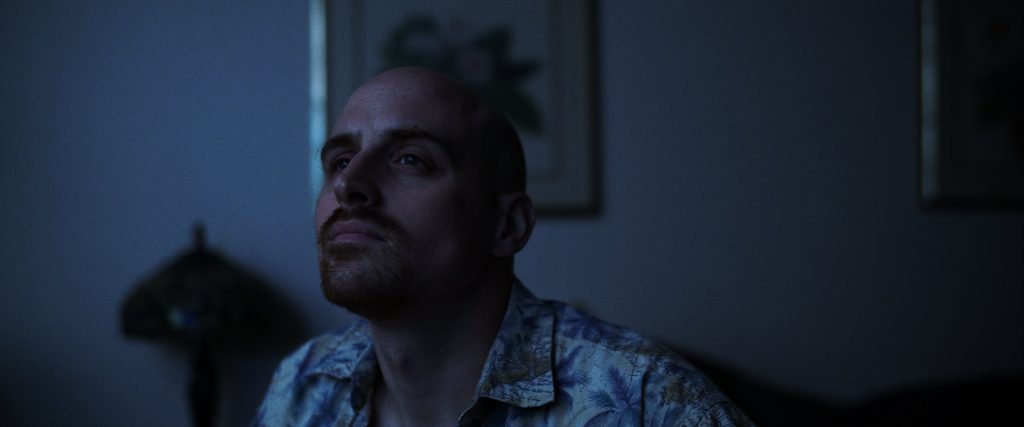
IFJ: In addition to directing and starring in Chlorine, you also edited the film. Can you walk us through your post process?
DL: Ah editing my favorite thing! This was my second feature I had edited so I wanted to avoid many of the mistakes of my past. First I made sure to edit the film as we were shooting. With a film improvised it’s imperative to shoot and react. How can you know if something is working unless you see it every day. Now it’s the only way I can edit, I think saving everything for the end is a huge mistake that Hollywood tells you is the “professional way.” If I could stress one thing I’d say this, don’t shoot more than you need, or you’ll be stuck in a glutton of footage that just fills up your timeline and wastes your time.
IFJ: What was the biggest challenge during post-production, and how did you overcome it?
DL: Biggest challenge was “finding” the movie. I knew we had good footage but I honestly didn’t know if the film would “work” the way I had envisioned it. With many hours of tightening and moving scenes around I think I found a balance that really complemented the story.
IFJ: What equipment was used to produce Chlorine?
DL: Sony a7iii
Rokinon, canon, sony prime lenses
Ronin steadicam
A generic off brand cinema tripod (seriously don’t buy one of those expensive ones you don’t need.)
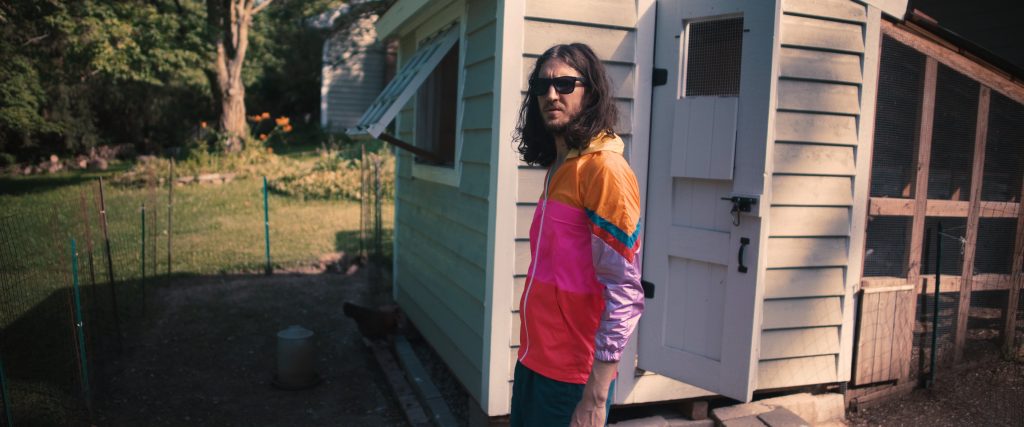
IFJ: Chlorine is available to watch for free on YouTube. Can you tell us how you decided on your distribution strategy?
DL: Distribution is at its most complicated and confusing time right now. Most filmmakers would suggest you release your unknown indie film on a platform like amazon, vimeo, or tubi tv. But I think those diagnoses really misunderstand the problem. The problem isn’t getting on big platforms, the problem is getting eyes on a project. Putting your already obscure film onto a platform that either charges up front, requires people to login in, or hides your film in its catalogue is a recipe for disaster. Youtube made the most sense, I could build an audience, generate traffic, and it was the platform 99 percent of everyone knows about. Why go with amazon when youtube gives you better options anyways?
IFJ: You and cinematographer Joel Dik also acted in the film. What was the experience like for you two to juggle performing and production duties simultaneously?
DL: Me and Joel have always acted in little goofy skits since we were kids. This was just one long film skit that had a serious tone to it. I think it’s the natural way we like to work. Balancing both is very easy when the only 2 people mostly on set are the two of us. We never even had a boom op. We boomed, shot, acted, and I directed everything happening. It can get stressful at times but nothing that we couldn’t ever handle.
IFJ: What is something you learned making Chlorine that you wish you knew going into it?
DL: Let life take over. If someone comes up to you and says I know this cool place and we can go shoot guns and film it, just listen to them. Real life is often stranger than fiction. All the best moments I attribute to letting life take over and that was something I wasn’t so sure about when I started the film.
IFJ: What’s the best way for people to follow you to find out what you’re working on?
DL: 922 Films youtube channel is probably the best way to keep up with me, but if you want to hear me blather on about films and have a more 1 on 1 interaction with me, I suggest you get on twitter and follow me @DAN_LOTZ. I’m currently working on two other features both in the post production phase and I tweet cool stills and updates about how I’m grinding away in my adobe timeline.
Director Daniel Lotz
Runtime 85 min
The story takes place over summer, with our main character only known as “Pool Boy”, who spends his time managing an apartment pool in an attempt to bury his former life as a hitman. But when he's offered a chance to reconnect with his estranged sister, he’s forced to come out of retirement and kill for the organization he once abandoned. How will our Pool Boy react when he's asked to kill his sisters’ fiancé?
More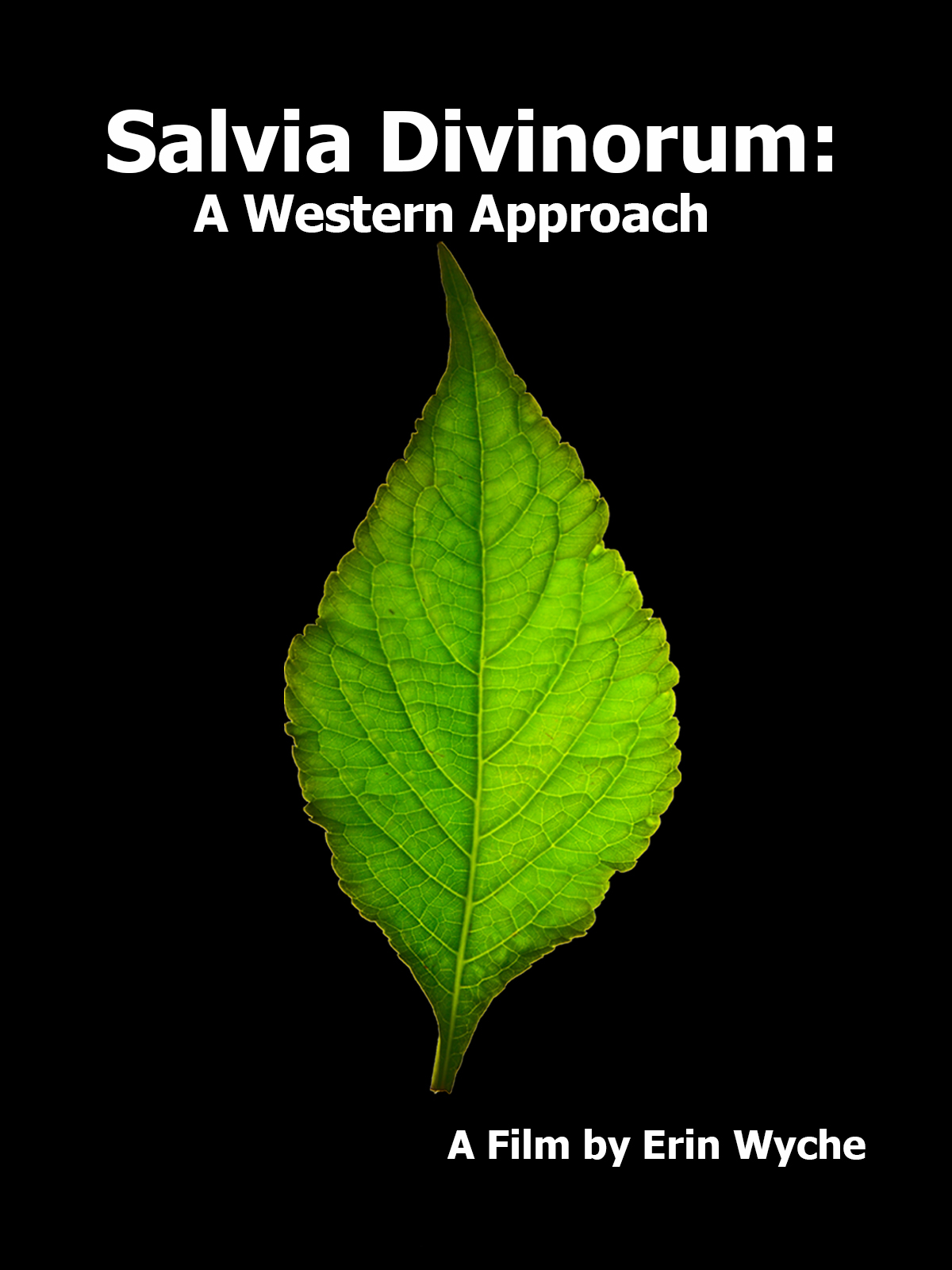
Watch On Amazon Prime
Salvia Divinorum is an often misunderstood and powerful psychedelic plant used by the Mazatec shama...